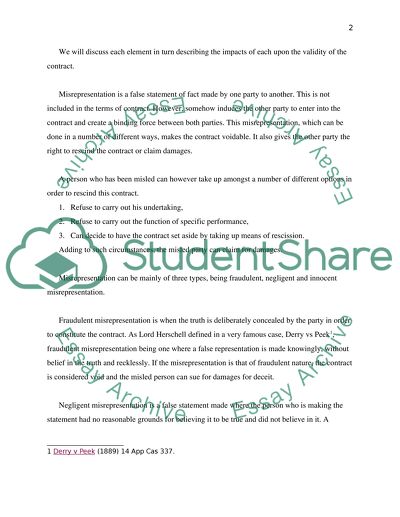Cite this document
(The Impact of Misrepresentation, Mistake, Duress and Undue Influence Assignment - 1, n.d.)
The Impact of Misrepresentation, Mistake, Duress and Undue Influence Assignment - 1. Retrieved from https://studentshare.org/law/1492898-business-law
The Impact of Misrepresentation, Mistake, Duress and Undue Influence Assignment - 1. Retrieved from https://studentshare.org/law/1492898-business-law
(The Impact of Misrepresentation, Mistake, Duress and Undue Influence Assignment - 1)
The Impact of Misrepresentation, Mistake, Duress and Undue Influence Assignment - 1. https://studentshare.org/law/1492898-business-law.
The Impact of Misrepresentation, Mistake, Duress and Undue Influence Assignment - 1. https://studentshare.org/law/1492898-business-law.
“The Impact of Misrepresentation, Mistake, Duress and Undue Influence Assignment - 1”, n.d. https://studentshare.org/law/1492898-business-law.


